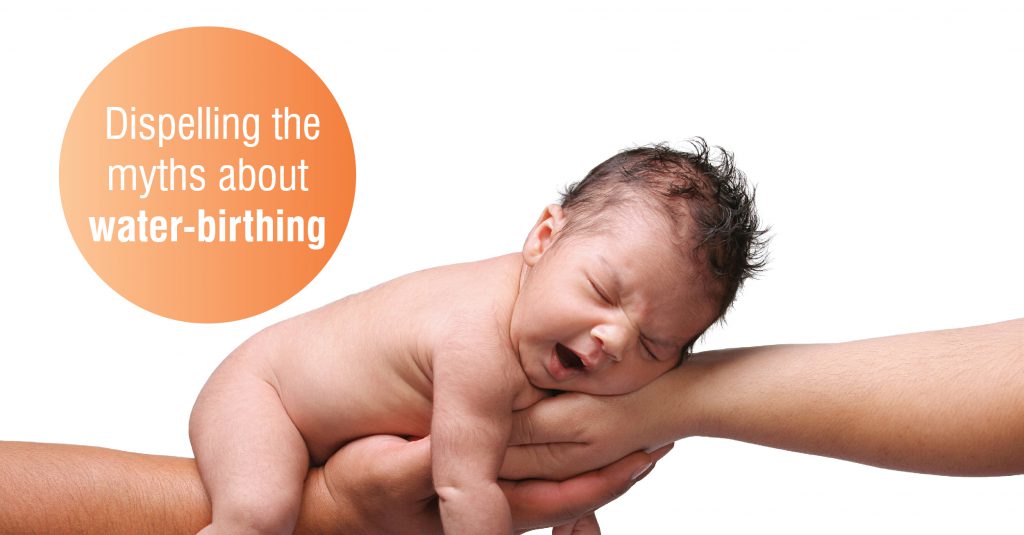The 10 Most Essential Aspects of Midwifery
One extremely powerful moment in a woman’s life is the birth of her baby. To nurture and grow a new life in the womb and eventually birth a human is an enriching process. It transforms the woman’s mind, body, and soul. It also leaves an imprint on all who witness the surging flow of events as they support the mother-to-be through those nine months.

Who is a Midwife?
The word “Midwife” means being “with a woman.” At the very core of the Midwifery Philosophy lies this valuable tenet – to be with a pregnant woman at every step. Through centuries, the profession of Midwifery has changed in many ways, yet the concept of being “with women” has remained constant. Every mother around the globe longs for care and a helping hand during the birth of her baby. This fact guides the pathways of care that midwives engage in.
Midwifery in Today’s Day and Age
Professional Midwives are clinically trained, duly qualified and equipped with competencies to support pregnancy, birth, and post-birth care. Midwives practice the art and science of supporting the normal physiology of pregnancy and childbirth. They do so with evidence-based, safe and women-centred care.
Apart from being specialists in facilitating normal births, Midwives also manage many common obstetric complications that may arise. They work in collaboration with Obstetricians to provide holistic care to women.
Midwives listen to women’s voices and choices and trust their innate ability to give birth with confidence. They provide high-quality care for pregnant women and help them make the best decisions for themselves and their families. Midwifery care has ten most crucial characteristics:
- The Midwifery Model of Care is sustainable, low-cost, high-quality and evidence-based.
- It facilitates a natural, gentle start to the birth process by boosting love hormones and natural pain-relief hormones, thus keeping fear and anxiety at bay.
- Midwives provide informational support to mothers so that they can understand their bodies and their babies and get in tune with their natural instincts.
- Midwives make the mother feel emotionally, spiritually, and physically empowered by giving them the right knowledge at the right time, thus encouraging them to go through the journey in the most natural way possible.
- Their continuity of care model encompasses supporting physiological and psychological needs and promoting mobilisation throughout labour and birth, thus using gravity to aid the baby’s journey through the birth canal.
- They facilitate the mother and the baby to have a beautiful lasting bond by encouraging skin-to-skin contact and delayed cord clamping right after birth.
- Midwives diligently support the golden hour after birth, encouraging early breastfeeding initiation.
- Midwifery care reduces the use of medical interventions during labour and birth.
- Women under midwifery care are more likely to have a vaginal birth and experience higher satisfaction with their birth experience.
- Mothers are less likely to have a cesarean section or require medications for pain relief. Evidence also supports that midwife-led care lowers the risk of pre-term and stillbirths.
Over the years, research has revealed that every woman can benefit from a Midwife. Midwives trained to global standards are highly skilled and have the expertise to handle 87% of essential care required for women and newborns.
A humane approach throughout, ongoing informational support for the mother, the couple, and the family, essential clinical observations, and decision-making motivating mobilisation and use of alternative pain-relief measures keeps the wheel of a trust-based relationship moving. That is how Midwives ensure a blissful, fulfilling and satisfying birth experience.
To learn more about our Midwifery services, visit www.fernandezhospital.com/bogulkunta/services/midwifery




 In response to this article I agree that women should be given the opportunity to choose and have control in their birth journeys. There are several studies supporting continuity of care by midwives, which result in better outcomes for both mother and her newborn.
In response to this article I agree that women should be given the opportunity to choose and have control in their birth journeys. There are several studies supporting continuity of care by midwives, which result in better outcomes for both mother and her newborn.